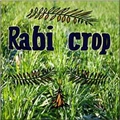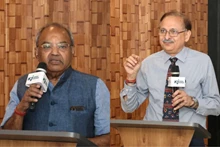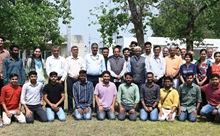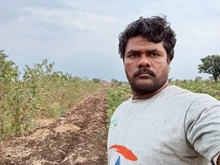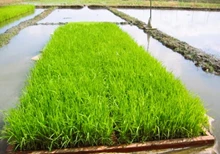
Chhattisgarh, a state located in central India, has exceeded its target for sowing rabi crops this year.
The Agriculture Department officials reported that rabi crops had been sown in 1.936 million hectares, surpassing the target of 1.925 million hectares. In the previous year, rabi crops were sown in 1.83 million hectares, and with a 5% increase in the current season, the sowing target was set at 1.925 million hectares.
The state government discouraged paddy sowing during the rabi season and encouraged farmers to cultivate pulses. As a result, pulses were sown on 865,000 hectares, accounting for 45% of the area determined for rabi cultivation this year. Pulses seeds were sown in 814,000 hectares, cereals in 597,000 hectares, sugarcane in 42,410 hectares, oilseeds in 284,000 hectares, and vegetables and other crops in about 200,000 hectares. Additionally, wheat sowing in 271,000 hectares, ragi in 35,000 hectares, maize in 171,000 hectares, and coarse grains in 155,000 hectares have been completed in the state.
Crop diversification is reportedly yielding good results, and the Chhattisgarh government is considering rubber plantations. To conduct experimental cultivation of rubber, the Rubber Research Institute in Kottayam will be allotted a hectare of land in the Bastar region.
The Indira Gandhi Krishi Vishwavidyalaya in Raipur and the Kottayam Institute have signed an agreement on this, with the rubber institute bearing the expenses, including that for the plant, manure, fertilizers, pesticides, and manual labor for seven years. The institute will also provide technical guidance on rubber extraction, and the plantation will be managed by the Vishwavidyalaya.
Girish Chandel, the Vice-Chancellor of Indira Gandhi Krishi Vishwavidyalaya, said that rubber had been providing commendable profits, and the scientists of the institute have found the weather, soil, and geo-ecology suitable for the cultivation of rubber.
The state government's decision to promote crop diversification and experiment with new crops like rubber could help in increasing farmers' income and overall agricultural growth in the region.





